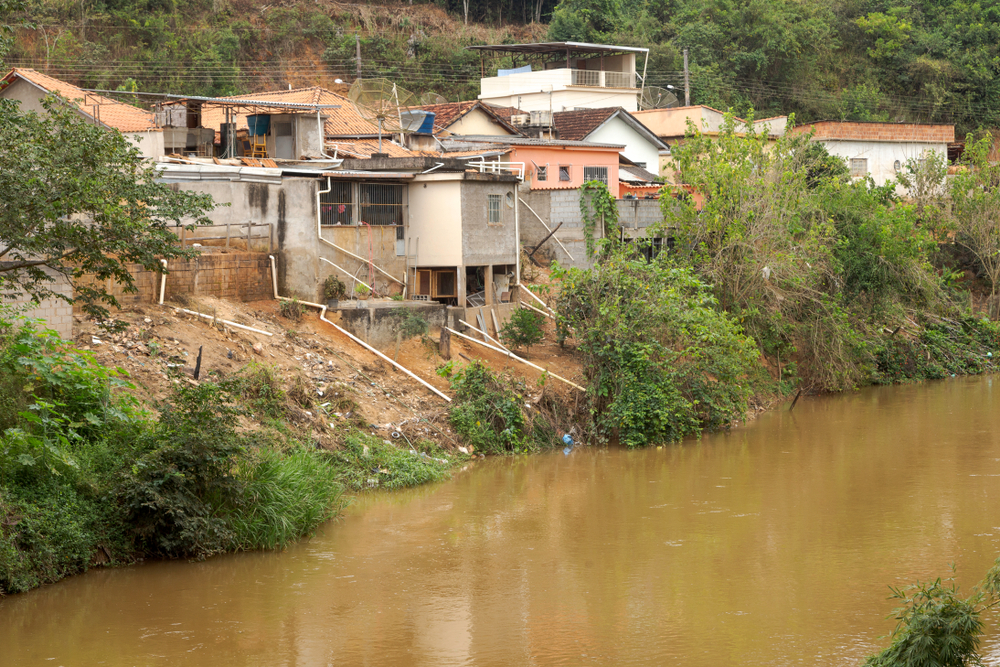Brazilians head to the polls in October 2020 to elect new mayors and city councilors. And for many incumbents, their re-election bids could be a tough sell. A report by the National Confederation of Municipalities (CNM), which lobbies for mayors’ interests nationwide, reveals that 229 mayors (out of 5,570) are expected to declare a state of financial calamity in 2020—up from 69 last year.
“Financial calamity” is a maneuver city executives employ to tell voters they will be forced to shut down some public services, with the justification that their budget is insufficient for the municipality to meet all of its obligations. However, it does not exempt mayors from fiscal responsibility laws—which sets the guidelines for how budgets must be run.
This dire financial situation is the result of a long-lasting crisis that has worsened since the approval of the 1988 Constitution, with municipalities taking on a much bigger role in providing public services, without necessarily having the budgetary capacity to do so. As a matter of fact, municipal taxes barely help finance most municipalities. Housing taxes (IPTU), services tax (ISS), and real estate conveyance taxes (ITBI) account for less than 3 percent of the revenue in cities with up to 5,000 residents.
Even in the 17 biggest cities, home to over 1 million people, these sources of revenue...


 Search
Search






































